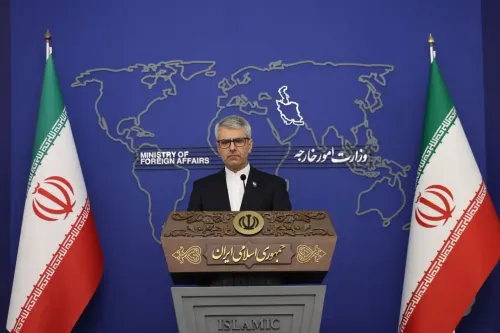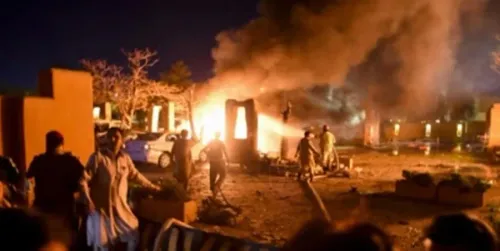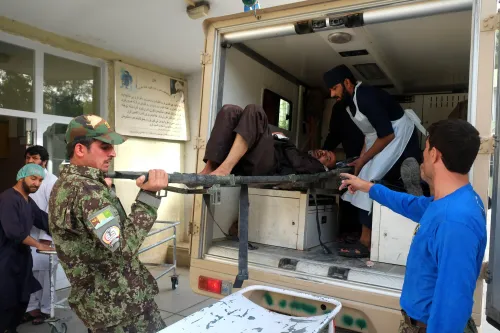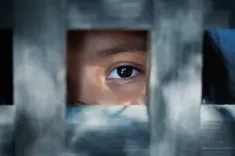Do Proceedings Meet Fair Trial Standards? HRW Raises Concerns Over Hasina Verdict
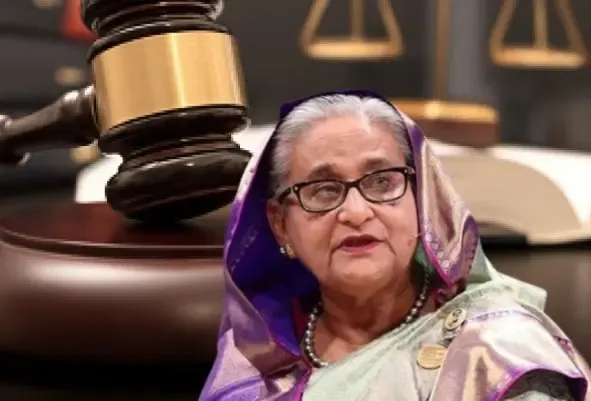
Synopsis
Key Takeaways
- HRW highlights serious human rights concerns over death sentences in Bangladesh.
- Both Sheikh Hasina and Asaduzzaman Khan Kamal were prosecuted in absentia.
- Fair trial standards were reportedly not met during the proceedings.
- Impartial investigations and credible trials are essential for accountability.
- The role of the interim government is crucial in ensuring the rights of the accused are protected.
New York, Nov 18 (NationPress) Human Rights Watch (HRW), a US-based advocacy organization, has expressed grave concerns regarding human rights following the death sentences handed down to former Prime Minister of Bangladesh, Sheikh Hasina, and former Home Minister Asaduzzaman Khan Kamal. The organization noted that both individuals were tried in absentia and were not allowed to choose their own legal representation.
This statement was issued after the International Crimes Tribunal (ICT) in Bangladesh sentenced the former Prime Minister to death for her involvement in alleged "crimes against humanity" during protests in July 2024.
The ICT also convicted two of Hasina's senior aides, sentencing Asaduzzaman Khan Kamal to death and former Inspector General of Police Chowdhury Abdullah Al-Mamun, who testified for the state, to five years in prison.
Meenakshi Ganguly, Deputy Asia Director at HRW, stated, "There is persistent anger and distress in Bangladesh regarding Hasina's oppressive governance, yet all legal processes must adhere to international fair trial standards. Those accountable for the severe violations during Hasina's tenure must face justice through impartial investigations and credible trials."
HRW emphasized that the interim government led by Muhammad Yunus should implement safeguards to protect the fundamental rights of the accused.
According to HRW, while accountability for abuses is essential, the prosecution did not uphold international fair trial standards, failing to provide a complete chance for the defense to present their case, question the accusers, or secure representation of their choice.
"Trials in absentia fundamentally compromise the right to a fair trial as outlined in article 14 of the International Covenant on Civil and Political Rights (ICCPR), which is vital for a legitimate judicial process," HRW asserted.
The UN Human Rights Committee has indicated that to protect defendants' rights, "all criminal proceedings must allow the accused the opportunity for an oral hearing, where they can appear in person or through counsel, present evidence, and examine witnesses."
Ganguly concluded, "Victims of severe rights violations under the Hasina administration deserve justice and reparations through genuinely independent and fair proceedings. Ensuring justice also involves safeguarding the rights of the accused, including the elimination of the death penalty, which is inherently inhumane and irreversible."

